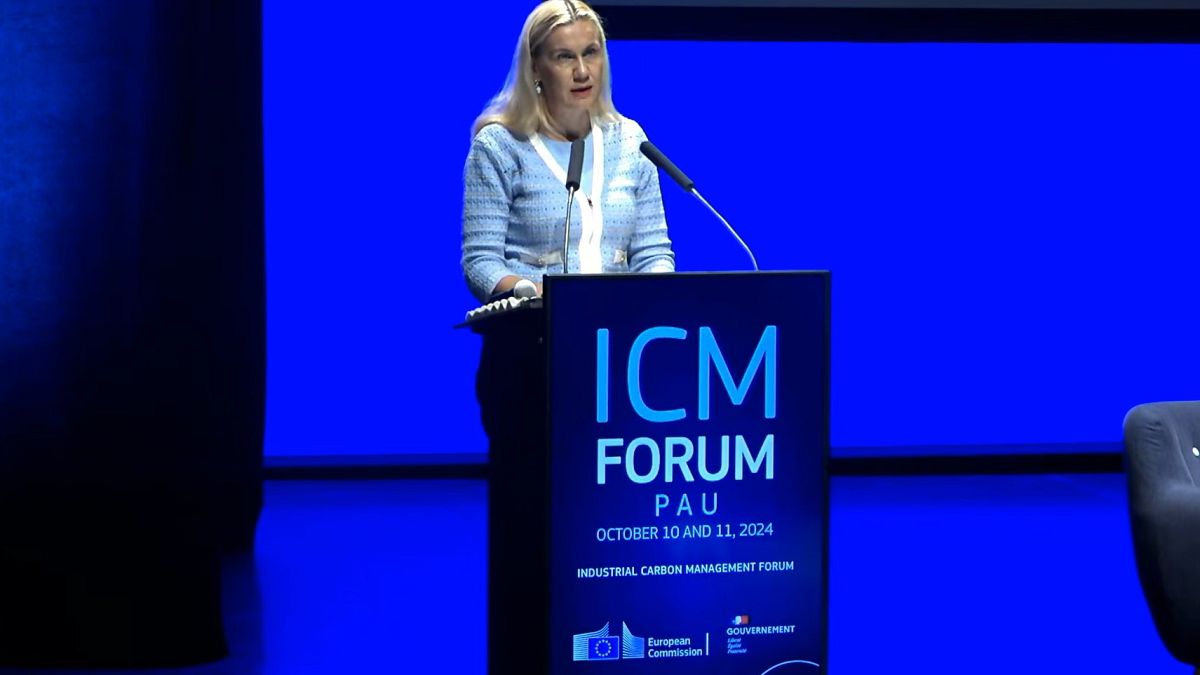Carbon Capture and Storage (CCS) is a hot topic at the EU summit currently taking place in France, with environmental groups questioning its viability as a solution to reduce planet-heating CO2 emissions. Amid concerns about the high costs and project failures associated with CCS, the European Commission is in talks with governments that have missed a legal deadline related to CO2 storage targets. A recent report by the Institute for Energy Economics and Financial Analysis (IEEFA) highlights the prohibitive costs of upcoming CCS projects in Europe, estimating a total cost of €520 billion with €140 billion in government support required.
Despite these concerns, EU Energy Commissioner Kadri Simson emphasized the importance of CCS in achieving the 2050 net-zero emissions goal, calling it a vital complement to renewable energy and energy efficiency. Citing recent advancements in CCS technology, such as the Northern Lights project in Norway, Simson highlighted the need for financial support to overcome the high capital costs involved. The CCS Europe trade association has defended the technology, pointing to successful projects like Norway’s Sleipner and Snohvit as evidence of its effectiveness in capturing and storing CO2 emissions.
The EU has recently adopted legislation requiring oil and gas companies to invest in storage facilities capable of locking away 50 million tonnes of CO2 a year by 2030. However, the slow pace of development and lack of final investment decisions in countries like Germany, Greece, and Romania highlight the challenges facing the implementation of CCS. Under the Net Zero Industry Act, petroleum firms will need to deploy permanent CO2 storage capacity based on their share of EU oil and gas production, with only 18 member states having provided data to the Commission as of now.
Critics of CCS, including environmental groups and campaign organizations like Oil Change International, argue that the technology has a history of failure despite billions of euros in subsidies already spent. They point out that these subsidies have only benefited the fossil fuel industry and delayed meaningful climate action. In contrast, proponents of CCS view it as a necessary tool to combat climate change and achieve emissions reduction targets, emphasizing its role in industrial carbon management alongside renewable energy sources.
As the debate over the future of CCS continues, the EU faces challenges in securing funding and ensuring compliance with regulations among member states and industries. Efforts to scale up CCS projects and meet ambitious CO2 storage targets will require significant investment and coordination between governments, companies, and advocacy groups. The success of CCS as a climate solution will depend on overcoming financial barriers, technological challenges, and public skepticism to create a sustainable and effective carbon capture and storage system.










